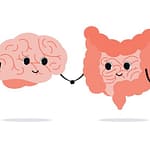Cognitive Biases in Depression: Understanding Negative Thinking Patterns

Introduction to Various Cognitive Biases in Depression and Understanding Negative Thinking Patterns in Depression
Depression is a complicated mental health condition that affects millions of individuals worldwide. While depression is generally associated with feelings of melancholy, hopelessness, and a lack of desire, one underappreciated component of depression is the role of cognitive biases in maintaining these unpleasant emotions. Cognitive biases are systemic errors in thought that influence the decisions and judgments we make. In the case of depression, these biases frequently result in negative thought habits, which can exacerbate the disease.
We at RNR Medicine department at Jaslok Hospital make efforts in understanding these cognitive distortions that can cause negative thinking which is critical for creating effective depression management and recovery techniques at the best depression clinic in Mumbai.
What Are Cognitive Biases?

What is negative cognitive bias in major depression? Cognitive biases are mental shortcuts that the brain employs to facilitate decision-making processes. These biases can be useful in certain instances, helping us to make quick decisions without having to consider every element. However, when these biases are misinterpreted, they can lead to negative thought patterns, especially in people suffering from depression.
In the context of depression, cognitive distortions that can cause negative thinking frequently show as erroneous thoughts and beliefs that encourage negative emotions and behaviors. These biases can make it difficult for people to see the world clearly and objectively, perpetuating a cycle of negative thinking that is difficult to stop.
Which Cognitive Bias Is Common In Depression? 8 Most Common Cognitive Biases in Depression You Must Know
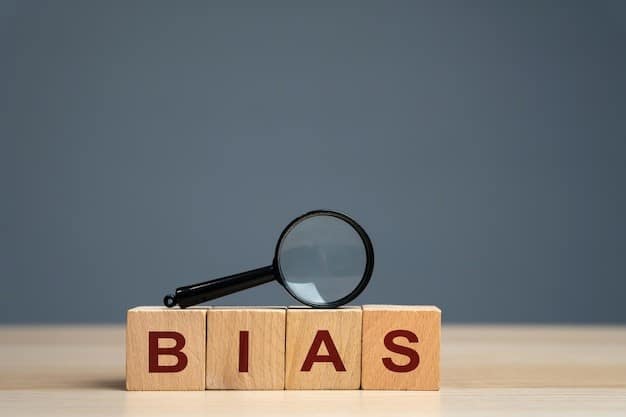
These cognitive distortions that can cause negative thinking, such as all-or-nothing thinking and catastrophizing, contribute to negative thought patterns that can exacerbate and perpetuate depressive symptoms. Understanding these cognitive distortions that can cause negative thinking are critical for recognizing their impact on one’s mental health and devising measures to counteract them and for providing the best depression treatment in Mumbai.
1. All-or-Nothing Thinking

- All-or-nothing thinking, often known as black-and-white thinking, is a prevalent cognitive bias in depression. This bias causes people to see problems in extreme terms, with no middle ground.
- For example, a depressed person may see themselves as either a perfect success or a complete failure, with no possibility for ambiguity.
- This way of thinking can be especially harmful because it establishes high expectations and prepares people for disappointment when they fall short of perfection.
2. Overgeneralization

- Which cognitive bias is common in depression? Overgeneralization happens when a person extrapolates a single incident to all scenarios.
- For example, if someone suffers a setback at work, they may believe that they are incompetent and would never achieve in any professional pursuit.
- This cognitive bias can cause a pervasive sense of hopelessness and helplessness, which are central symptoms of depression.
3. Mental Filtering
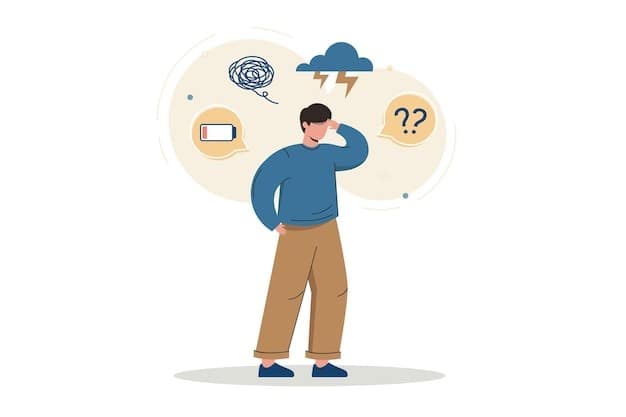
- Which cognitive bias is common in depression? Overgeneralization happens when a person extrapolates a single incident to all scenarios.
- For example, if someone suffers a setback at work, they may believe that they are incompetent and would never achieve in any professional pursuit.
- This cognitive bias can cause a pervasive sense of hopelessness and helplessness, which are central symptoms of depression.
4. Discounting the Positive
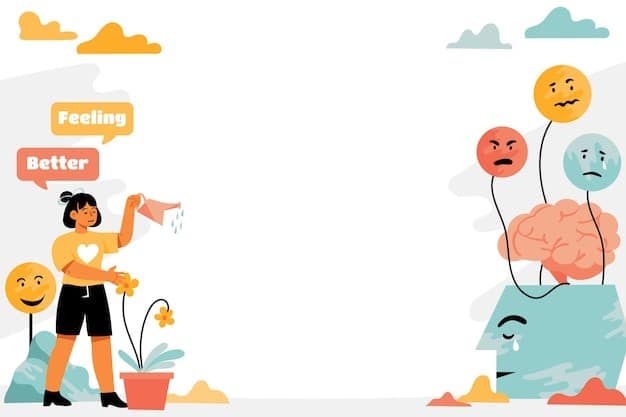
- Which cognitive bias is common in depression? Discounting the good, like mental filtering, is the process of ignoring or reducing positive experiences or achievements.
- A person with depression may accept a compliment but disregard it as fake or ascribe it to chance rather than their ability.
- This cognitive bias contributes to feelings of inadequacy and low self-esteem, which are common in depression.
5. Catastrophizing
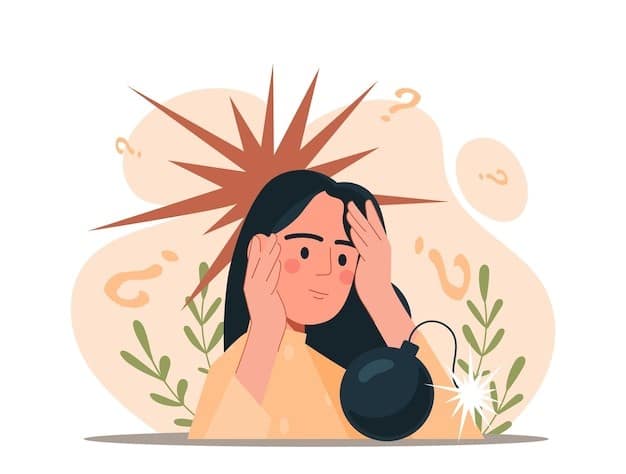
- Which cognitive bias is common in depression? Catastrophizing is the tendency to assume the worst possible conclusion in any scenario.
- For example, if a depressed person makes a tiny mistake, they may quickly think that it will result in terrible consequences, such as losing their career or destroying their relationships.
- This way of thinking can cause excessive anxiety and stress, aggravating depression symptoms.
6. Emotional reasoning
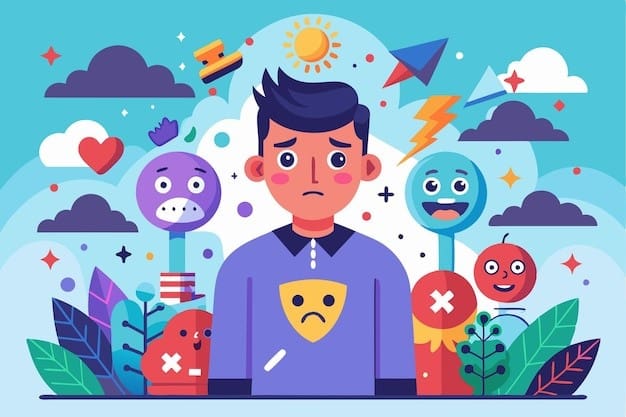
- Emotional reasoning is when a person interprets their emotions as proof of reality.
- For example, if someone feels worthless, they may decide that they are truly worthless.
- These cognitive biases in depression can be especially harmful stated by the best depression center in Mumbai, since it perpetuates poor self-perceptions and makes it difficult to question erroneous views.
7. Should statements
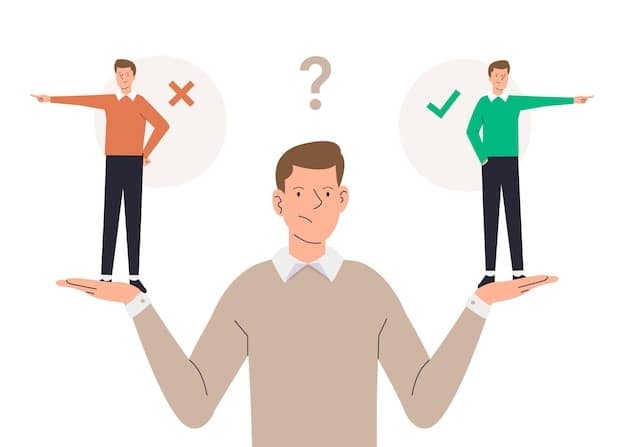
- Should statements impose tight expectations on oneself or others.
- For example, a depressed individual may believe, “I should be able to handle this” or “I should be happier.”
- When these expectations are not satisfied, people may feel guilty, frustrated, or inadequate.
- Should statements are frequently unrealistic and self-critical, making them a prevalent cognitive bias in depression.
8. Personalization
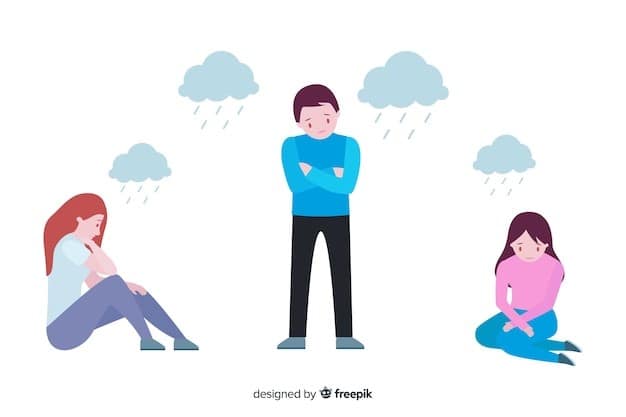
- Personalization entails taking responsibility for occurrences beyond one’s control.
- For example, if a friend is upset, a person with depression may believe that they are the source of the friend’s pain, even if there is no evidence to support this idea.
- These cognitive biases in depression can result in excessive guilt and self-blame, which are common symptoms of depression.
The Impact of Cognitive Biases on Depression
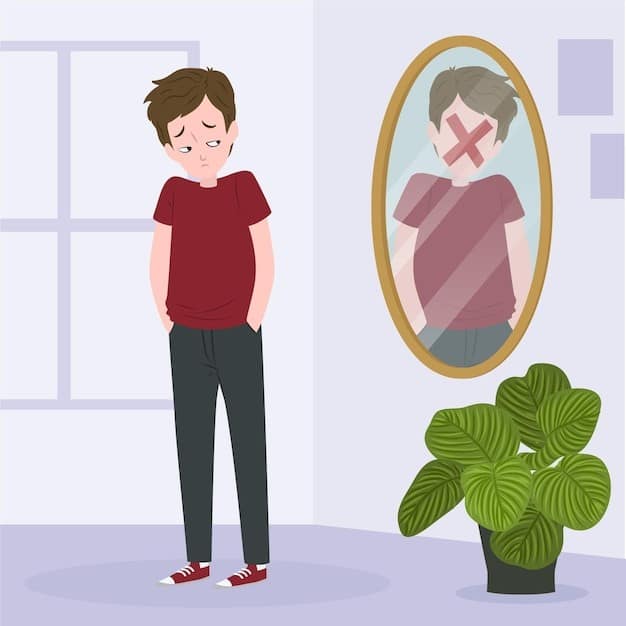
Cognitive biases in depression contribute significantly to the maintenance and exacerbation of depression. These negative thinking habits can set off a vicious cycle in which distorted thoughts trigger unpleasant emotions, which strengthen the distorted thoughts. Over time, this cycle can become firmly ingrained, making it difficult for people to overcome their depressive symptoms even with the best reconstructive medicine for depression in Mumbai.
Furthermore, cognitive biases in depression as observed by the best depression center in Mumbai, can have an impact on many elements of a person’s life, including relationships, career, and general well-being.
- For example, someone who constantly engages in all-or-nothing thinking may experience low self-esteem and a lack of desire, making it difficult to achieve personal and professional goals.
- Similarly, someone who regularly catastrophizes may suffer increased anxiety and tension, which can exacerbate their depression.
Practical Tips for Challenging Cognitive Biases In Depression

While consulting with a therapist can be extremely beneficial, there are several practical measures that people can do on their own to confront cognitive biases and minimize negative thought patterns:
- Identify your cognitive biases: Recognize the precise negative thought patterns that you usually engage in.
- Challenge Irrational Thoughts: Examine the validity of your negative beliefs and investigate other options.
- Practice mindfulness: Stay present and monitor your ideas without passing judgment to lessen the impact of cognitive biases.
- Keep a thought journal: Track your thoughts and emotions to uncover patterns and combat negative thinking.
- Focus on the positive: Recognize and appreciate the positive aspects of your life to counteract unfavorable biases.
- Seek Professional Help: Consult a therapist for help in identifying and overcoming cognitive biases. You can also check RNR Medicine’s best reconstructive medicine for depression in Mumbai.
Cognitive biases in depression play a significant role in the onset and maintenance of depression. These skewed thinking habits can lead to a negative cycle that is difficult to overcome without intervention. Individuals who understand and challenge these prejudices can take significant efforts toward managing their depression and enhancing their general well-being. Whether through therapy, mindfulness practices, or self-reflection, addressing cognitive biases in depression is an important part of overcoming depression and living a more fulfilled life.
At RNR Medicine, best depression clinic in Mumbai, our experienced mental health professionals are dedicated to helping you identify and challenge the cognitive biases that contribute to your depression. Through compassionate and expert care, we work with you to develop healthier thinking patterns, enhance your emotional well-being, and guide you toward a more fulfilling life. Trust in RNR Medicine to help you break free from the cycle of depression and regain control over your mental health by providing the best depression treatment in Mumbai.



